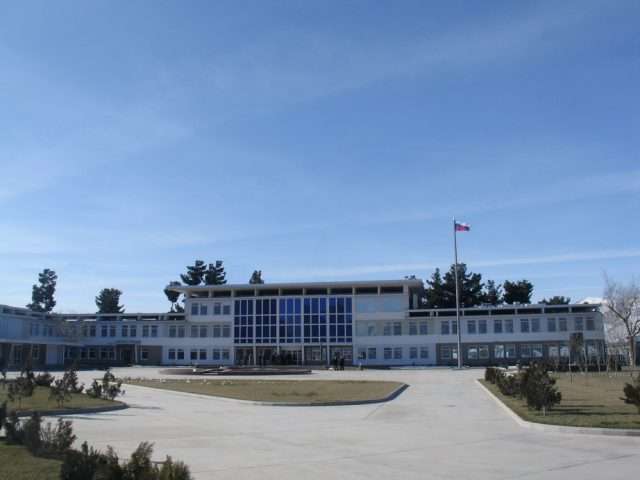
Author: Silvia Boltuc
Russia and the Islamic Emirate of Afghanistan signed the most significant deal since the Taliban movement came to power last year, confirming Kremlin’s interests in the country and Moscow’s will to become a key regional actor.
Special Representative of the President of the Russian Federation for Afghanistan, Zamir Kabulov, and Deputy Minister of Information and Culture of the Islamic Emirate of Afghanistan, Zabihullah Mujahid, confirmed that Moscow and Kabul signed contracts for the supply of Russian fuel and grain to Afghanistan. Russia will annually supply Afghanistan with about 1 million tons of gasoline, the same amount of diesel fuel and about 500 thousand tons of liquefied natural gas (LNG).
In addition, Moscow will supply 2 million tons of wheat annually to the country, becoming one of the guarantors of Afghanistan’s energy and food security. Goods will be delivered to Afghanistan by rail through Uzbekistan and by road. According to the acting Afghan Minister of Trade and Industry, Haji Nuriddin Azizi, Russia agreed to provide a discount on global prices. Azizi, which previously announced the agreement, stated that the Afghan authorities consider the barter payment scheme a priority compared to using financial transactions.
Azizi personally discussed the terms of the contracts during his visit to Moscow in late August. According to available information, there is a trial period for the mechanism of contracts, after which the parties expect to extend them. Most likely, the trial period will likely last until the end of March 2022, when the new year 1402 will begin (Golos Ameriki).
Why does it matter?
The Islamic Emirate of Afghanistan has become a reality which is unlikely to change shortly. Russia understood the necessity to cooperate with the Taliban to stabilise the area and pursue its interests in the country. Moscow has constantly demonstrated its readiness to expand trade and economic ties with Kabul. The visit of the Afghan delegation to the St. Petersburg International Economic Forum-2022 was a clear sign in this direction.
From an economic perspective, the agreement is more important for the Taliban than the Kremlin. Indeed, the Russian oil and gas exports to Afghanistan will not grow that much in the future, considering that fuel and lubricants requests have sharply decreased after the departure of foreign troops, and the socio-economic situation has deteriorated to the point that in large cities of the country the number of cars has reduced significantly.
While millions of tons of oil will not significantly improve the Russian trade balance or substitute for Western export partners, this agreement is strategically relevant in the Eurasian geopolitical chessboard and the Kremlin’s foreign policy in Central Asia. Moscow has a constructive, non-hostile relationship with the Taliban government, and it is the first country which concludes what the Taliban Government considers the most important deal in Afghanistan under their leadership. The recent Russian-Afghan agreement might be considered the second step that Moscow reached to build fruitful cooperation with the new Afghan authorities.
In addition to traditional Afghan exports (mainly agricultural products such as raisins, almonds and lamb fur), Afghanistan can offer Russian companies participation in developing deposits of rare earth metals, particularly lithium. Russia might ask to make an exploration of some mineral deposits, as China is already doing.
A more decisive influence in Afghanistan will allow Russia to counterbalance the regional powers’ influence in the country and help the fight against terrorism that might destabilise Central Asia. From the Taliban’s point of view, the agreement with Moscow might help the isolated Afghan economy. The barter proposal comes as Afghanistan is going through an economic crisis. Thus the country will be saving much-needed currency, as Afghan assets are still frozen in Western banks.
The Taliban authorities hope to improve the country’s economic situation by relying on imports from Russia. The Taliban expect to bring prices in the domestic market in line with the population’s purchasing power. As for attracting Russian investments in the country, the Taliban need to be able to ensure their safety.
For further reports, risk assessment and geopolitical scenarios regarding Afghanistan and Russian strategy in Central Asia, feel free to Contact Us and discover our services.



